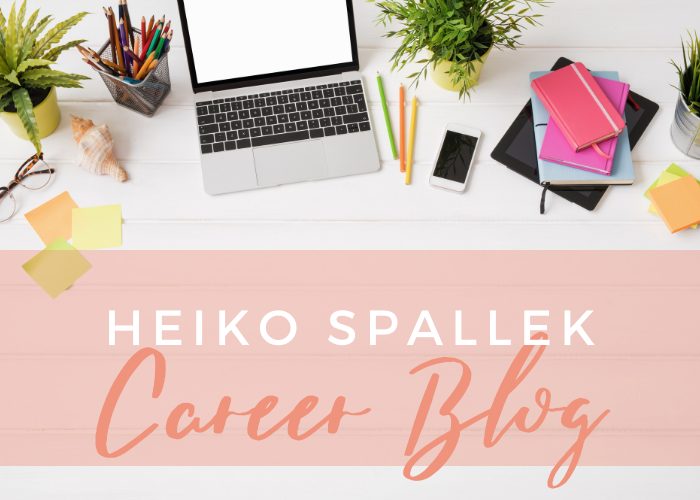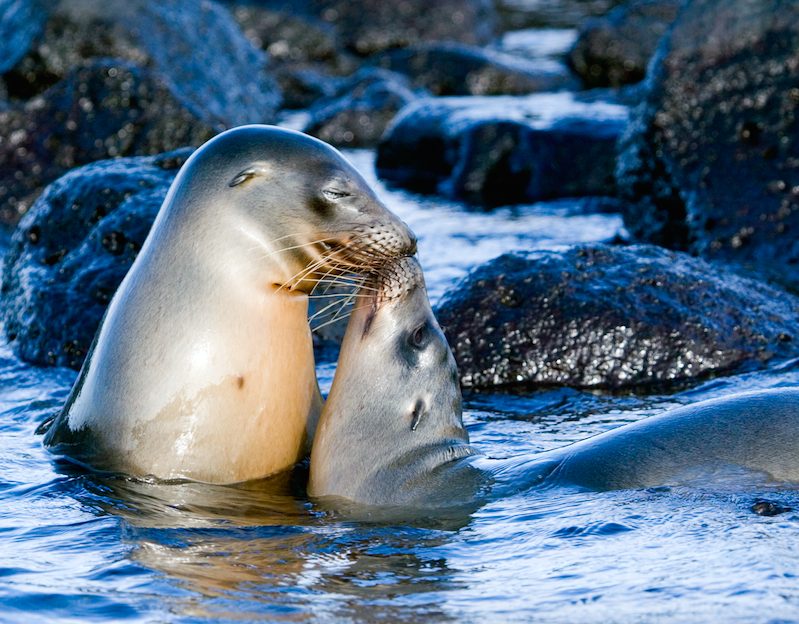
Meet Professor Heiko Spallek, Head of School and Dean of the Sydney Dental School. Here he shares his passion leadership development, and also for wildlife photography (hoping to get into National Geographic magazine!) and his experience being a mentor in the Franklin Women Mentoring Program.

What is your current role and how did you get to be there?
My current role is quite a mouthful, in short I am the Head of School and Dean of the Sydney Dental School and proud to be part of the Faculty of Medicine and Health’s academic leadership team.
How did I get here? Well, this is a very long story, but I will make it as short as possible. However, some of the background might best explain my passion for mentoring and supporting the career development of biomedical researchers from diverse backgrounds.
As son of an upholsterer and a seamstress, I grew up in East Berlin where I started to study dentistry at the Berlin Charité. But before studying dentistry, I had to serve in the East German military. At 23, I started studying dentistry, which included initially four main subjects: anatomy, physiology, biochemistry and Marxism-Leninism. This, fortunately, changed suddenly during the second year of my studies as the Iron Curtain fell, opening up a new world for my peers and me. I feel lucky to have experienced the collapse of the communist system and the fall of the Berlin Wall. While most people talk about this figuratively, I was able to quite literally see it in person as the Berlin Wall was right next to the dental school in Berlin. That societal change of seeing democracy rise was a formative experience of my life that has shaped my understanding of freedom of speech, social justice, authority and democracy. The experiences has shaped my approach to inclusive leadership, especially the appreciation for different viewpoints, which I believe is at the core of effective leadership.
I thrived in the new environment, finished dental school as valedictorian of my 1993 graduating cohort and. I got a PhD in dental material sciences from the Humboldt University in Berlin. In 1996, I moved to the US where I worked in the first department of dental informatics in Philadelphia. Because I did not just want to be a hacker, I got a formal degree in Computer and Information Sciences from Temple University’s Fox School of Business. At that time, I essentially had the choice between an academic position that would keep me connected with my specialty of periodontology, or a research position that could provide an opportunity to affect oral health outcomes in a broader sense. There are a lot of good people in periodontology, so I am not sure I could have added much to what they have done.
In parallel, my wife and I built a technology consulting company to serve healthcare professionals. The business thrived under the leadership of my wife for over 20 years. In 2002, I moved to the University of Pittsburgh, a more research-oriented institution. But after I became Associate Dean for Faculty Development and Information Management in 2010, my academic activities changed from 80% research, to about 80% administration and 20% research. I also served on boards of start-up companies and attempted to commercialise various software ventures, which provided ample learning opportunities, if not financial gain.
Then in 2016, bored by the culture of a stagnating institution, I took up an opportunity to start as Professor and Deputy Dean of the then Faculty of Dentistry at the University of Sydney. In 2018, I was appointed as Head of School and Dean of the now Sydney Dental School.
How does your work contribute to the field and/or the overall health and wellbeing of the community?
I think every health profession specialty claims to be special. I think dentistry is even more special. 😉 Think of the mouth as a fundamental feature of personal identity – a healthy mouth enables you to eat, speak, smile, and socialise without discomfort, pain or embarrassment. My research focuses on the development of educational resources for dental professionals, the innovative use of clinical decision support systems to improve health outcomes, and the creation of online communities. My projects have a foundation in the fields of education, usability engineering, medical and dental informatics, and computer science. More recently, I try to tackle the barriers that prevent 2 million Aussies going to the dentist. Some of my musings can be read on a blog established by John Menadue, former head of the Department of Prime Minister and Cabinet and former CEO of Qantas.
You were a participant in last year’s Franklin Women Mentoring Program – tell us about what this Program was like for you, something you learnt or the impact its had on you?
We need to leave our organisations and, by extension, the world in a better position than we found it. One way of doing this is by mentoring the next generation of leaders. The Franklin Women Mentoring Program provides the perfect scaffolding for doing this effectively, and targets biomedical researchers who have the potential for tremendous career advancement. Being part of this inspired me personally to do even more in this important area in my own school and the larger university environment. The structure of the program and the interactions with my mentee, Dr Belinda Di Bartolo, enriched my understanding of leadership and how our own decisions can influence the careers of others.
What are your loves outside of work?
I love wildlife photography and try to find some time to pursue this hobby to balance my work-life. Sometimes, I get lucky with a really nice shot, like this picture of two seals which won second place in the Westmead Redevelopment Photo Competition – now hanging on the walls of the new hospital. In the past 5 years, I have tried to capture the beauty of Sydney, NSW and Australia here.
What is one piece of advice you could pass onto others following their own career in the health and medical research sector?
I am so glad you ask as this provides the perfect opportunity for my shameless plug about my new short weekly email newsletter on practical leadership advice based on my personal experiences. The Leadership Travel Guide Newsletter provides first-hand guidance on what works and how it can be applied in leadership positions ranging from being the executive of a large company, running a team in a hierarchical organisation, heading a small research lab, chairing a committee of peers, raising your teenage kids, or just leading yourself – arguably the most important leadership task.
